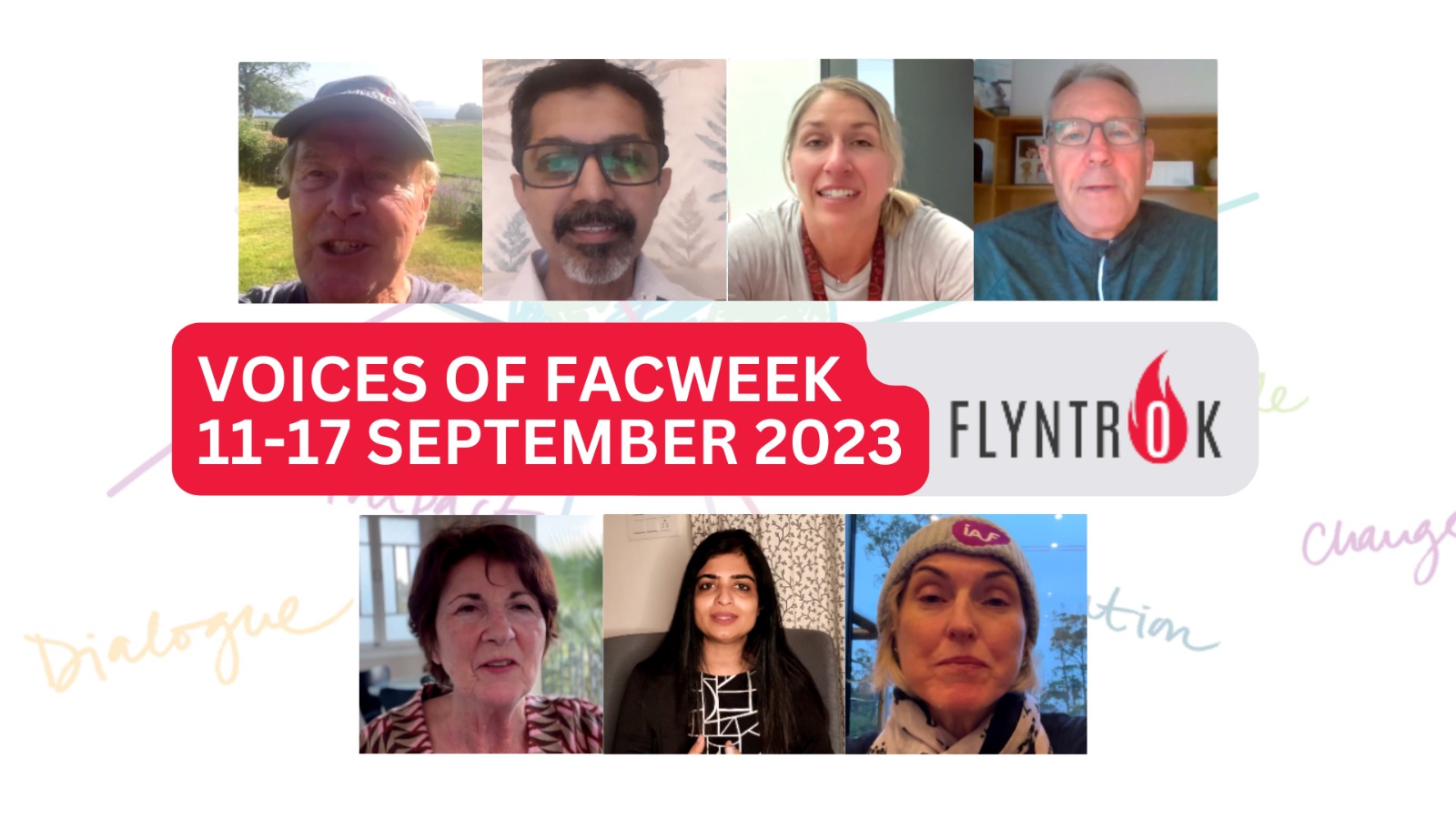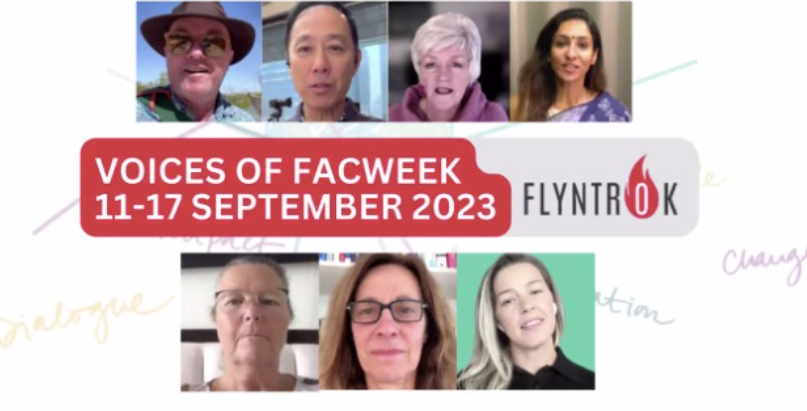How did facilitation start? Why has it gained so much acceptance? What must it have been like at the beginning? What is at the very core? Who else practises it without knowing they do?
At the very root of it all, several people argue, is the Latin word for “easy”, which is “facilis”. The origin of facilitation seems to be moored on “making it easier”. Several people contest that this word is insufficient to describe what all facilitation stands for. We agree. So we turned the lens on our friends and asked them ‘Why am I a facilitator? And why do I love facilitation?
This is our second in a series and here are the speakers and the key takeaways from their journey. Watch the full video below.
Neil Hawkes is based in the UK, is an international education consultant and founder of Values-based Education (VbE) and thought leader in values based leadership.
Mrunal Lamage is based in Mumbai, India and is a facilitator and Leadership & Team Coach
Kaytlin Warner is based in Noosa, Australia and is the Young People Wellbeing Coordinator at Noosa Flexible Learning Center.
Graham Miller is based in Brisbane and is an organisational resilience specialist and group facilitator
Anita MuktaaShourya is based in Hyderabad, India and is a Learning and Development Professional
Dolores Cummins is based in Brisbane, Australia and is an experienced leader, executive coach, culture, team and leadership development expert specialising in organisational transformation, strategic planning, career design, growth and performance.
Cathryn Lloyd Cathryn is based in Brisbane, Australia, is a creativity specialist and works with leaders, individuals, teams and organisations to tap into individual and collective creative intelligence. Cathryn holds a PHD in Creativity and arts-based professional development.
Key Insights Around Facilitation
- Helps tap into creativity inspiring people to break free from the conventional structures and parameters of their work and imagine new possibilities.
- Creates a shared space for connection and belonging from which we can understand ourselves and others better
- Helps us to see each other from different perspectives and see our situation from different perspectives.
- It helps empower people and groups through shared decision making.
- Through effective dialogue, facilitated dialogue, we can better understand our blind spots and our unconscious biases that affects decision making
- There is no limit to the spaces where we can employ facilitation and they include the arts, awareness for social causes and leadership oriented sessions.
- Reflection after each facilitation keeps our learning alive and helps to continue being enthusiastic in our facilitations.
Watch the Full interview here

